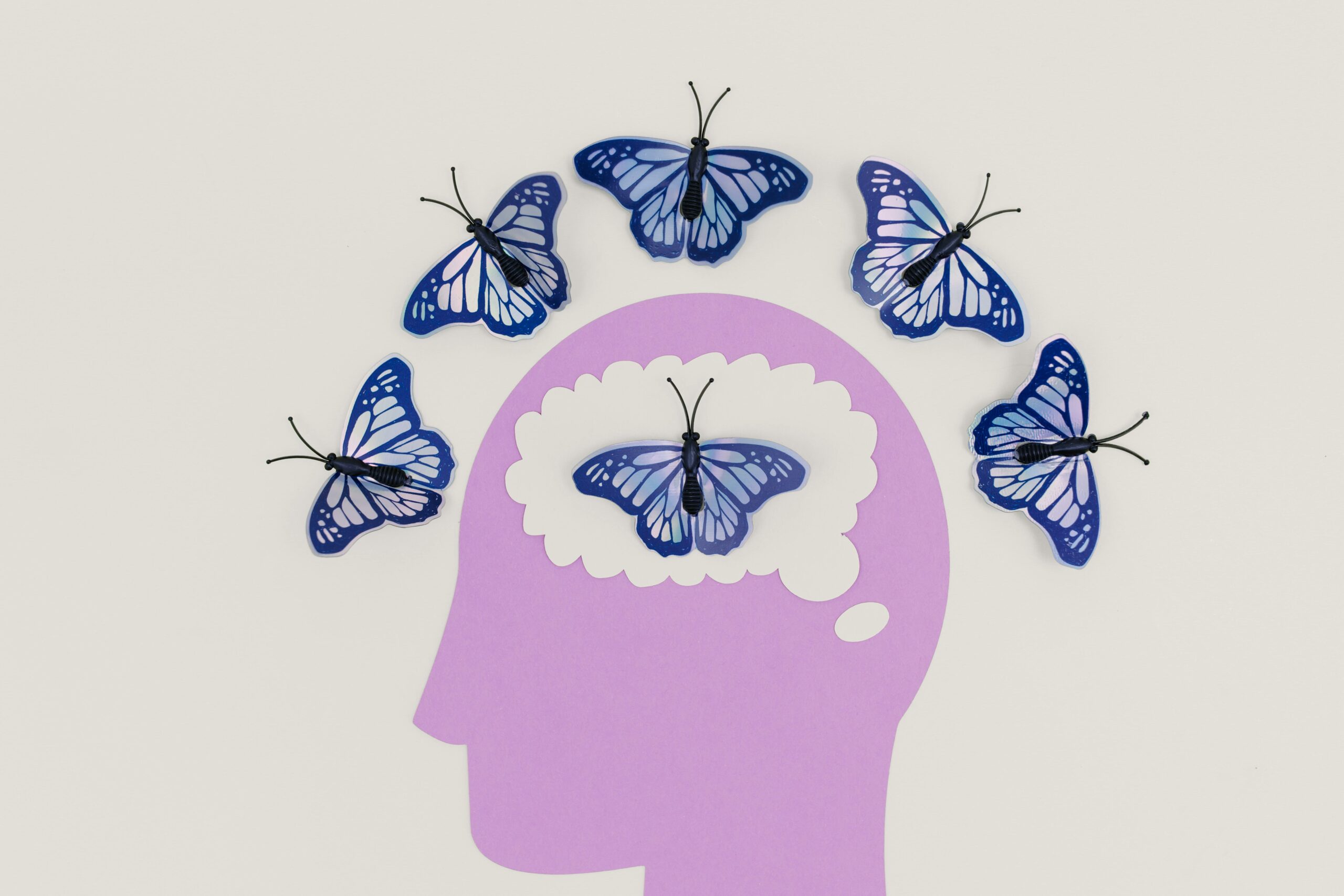A Scary Fact About Sugar ~ It Makes Us Age Faster
Category: Healthy Aging

I loved Halloween as a kid ~ I loved the dressing up, the “scary” stuff, and of course, ALL THAT SUGAR!!! Our holidays, including our “second favorite holiday” Halloween, Thanksgiving, Hanukkah and of course, Christmas… are offering us many different splurges of sugar-laden desserts and treats. pastries, candy, sugar-laden soft drinks, fancy desserts, (and I have not even mentioned all the “hidden” places sugar hides). Just thinking about all this right before these holidays are upon us is definitely “food for thought!”
Just thinking about all this right before these holidays are upon us is definitely “food for thought!”
We all know that we Americans have a serious sweet tooth. …..One hundred and fifty-six pounds. That’s how much added sugar Americans consume each year on a per capita basis, according to the U.S. Department of Agriculture (USDA). Just imagine 31 five-pound bags for each of us. Of course, that sugar does not come directly from the sugar bowl ~ only about 29 pounds of comes as traditional sugar or sucrose (The Sugar Association, a trade group of sugar manufacturers, has stated this). The remaining pounds come from foods.
Of course, we know that we do not need refined sugar to survive and be healthy. However, when we focus on low-fat diets and see that as being a healthy decision, it is often overlooked at how much sugar hides in those choices. For example, did you know that a simple glass of orange juice can begin our day with 6 teaspoons of sugar? How often do we feel that burst of energy after eating that sugary snack or juice and then suddenly find ourselves crashing? Our blood and brain chemistry is being altered by the sugar and the body has to work harder afterward to restore balance.
One fact about the harmful effects sugar that I found is that high sugar consumption, according to Frank Lipman, M.D., author of Total Renewal..7 Steps to Resilience, Vitality and Long-Term Health, is connected to premature aging. According to Lipman, “Sugar chemically alters the proteins in your body, a process called “glycosylation.” As AGEs collect in the various tissues of the body, they inhibit proper functioning. In the skin, for example, they cause a loss of elasticity, which results in sagging and wrinkling. In the joints, they affect the cartilage, so you become stiffer. The buildup of AGEs affects all of the organs, which is why it is a major source of premature aging.”
Fredrick Brandt, MD explains it this way….“The sugar triggers a process in the body called glycation. This is where the sugar molecules bind to your protein fibres – that wonderfully springy and resilient collagen and elastin fibres – which are the building blocks of skin. Imagine that your collagen is your skin’s mattress and the elastin fibres are the coils holding it together. The sugar attacks these fibres, making them less elastic and more brittle so they break. The result is that your once youthful skin starts to sag and look old. But it gets worse……
The glycation process causes these proteins to mutate, creating harmful new molecules called Advanced Glycation End-products (AGES) which accumulate and cause further inflammation and damage to your collagen and elastin. If you have normal, healthy collagen and elastin, your skin will snap back to its original position after you smile. But if your collagen and elastin has been made brittle in glycation and so is prone to breaking, your skin can’t snap back. That’s when fine lines and wrinkles appear – and they don’t go away.” Scary stuff!
I love Dr. Lipman’s “Prescription for Sugar” which include the following:
- Avoid sugar, as much as possible
- Avoid artificial sweeteners (most commonly used is aspartame – Equal and NutraSweet) When heated above 86 degrees Fahrenheit, the wood alcohol in aspartame converts into formaldehyde and then breaks down into formic acid. These substances are known toxins and have been linked to multiple sclerosis, lupus, fibromyalgia, seizures, and memory loss, among other disorders.
- For sweetness use stevia, a natural noncaloric sweetener derived from the plant Stevia rebaudiana.
- Instead of refined sugar, use small amounts of honey and 100% pure maple syrup if necessary.
- Because sugar is a carbohydrate, avoid those foods in which the number of grams of sugar is more than one-third of the number of grams of carbohydrates.
- Aim to eat only those foods that have less than four grams of sugar per serving. (On labels look for the grams of sugar per serving. The lower the number, the better. Four grams is the equivalent of one teaspoon of sugar, and therefore, 40 grams of sugar is the equivalent of 10 teaspoons).
- Avoid or decrease your intake of sodas and diet sodas
- Try alternatives such as iced herbal teas, sparkling mineral water mixed with fruit juice, sparkling water over ice cubes made from unsweetened fruit juice, or sparkling water with a twist of lemon or lime.
- Consume fruit and vegetables. Although they contain natural forms of sugar they are also high in fiber, enzymes, and essential vitamins and minerals, something that sweetened products are not.
I would add to that list the Mediterranean diet, which is low in AGEs. That would include just about any diet rich in fruits, vegetables, whole grains, legumes, fish, and low-fat dairy and low in meat (especially cooked at high temperatures) and processed and fast foods.
I am reminding myself each day now of the quote, “Today is the first day of the rest of your life!” simply because I know that obesity, heart disease, diabetes, tooth decay and now AGING, can all be linked to those sugary desires! What about you? How are you and your family affected by sugar?



Facebook Comments